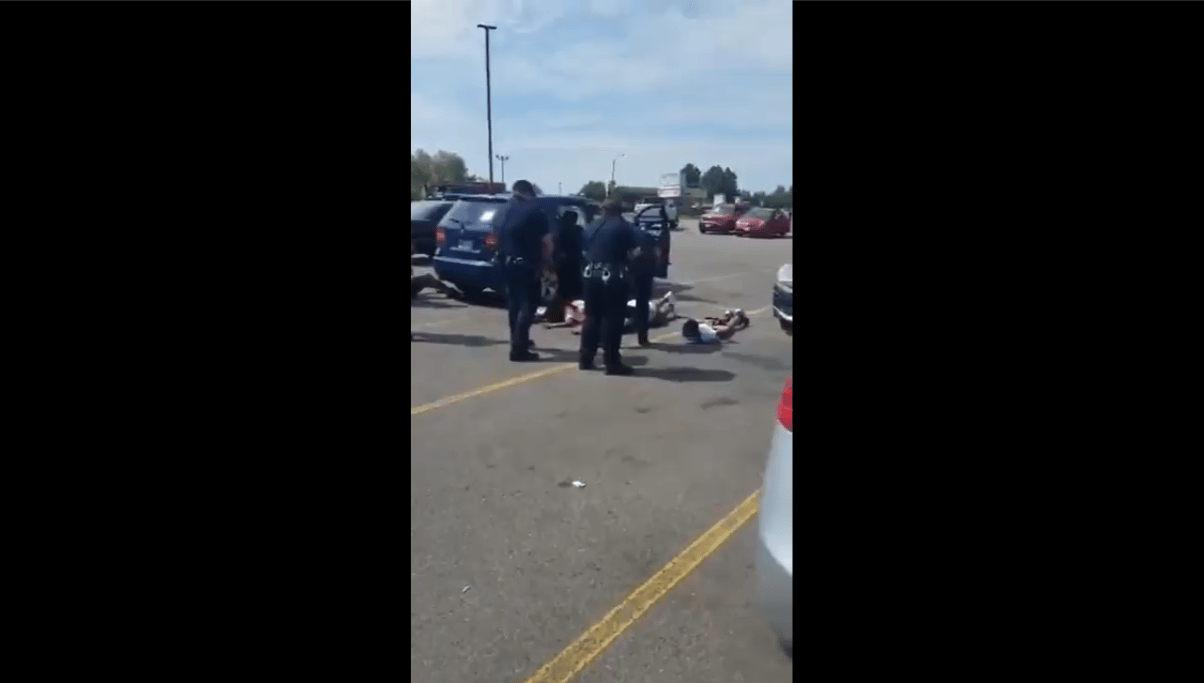The video made national news: four Black kids, lying stomach-down on summer-heated asphalt, surrounded by police officers with their guns out. The older ones are in handcuffs. The youngest, still wearing a bright pink tiara, sobs for her mother, who screams, off screen, from a police car. Bystanders call out to the police, begging them to let the children up.
According to police, a check on the license plate on Brittney Gilliam's SUV showed it was stolen. They surrounded the car, where Gilliam sat with her daughter, young sister, and two teenaged nieces. She'd brought the kids out that day in early August to get their nails done and eat ice cream -- a rare reprieve from the pandemic isolation they'd all been living through.
The whole stop was a mistake -- the license plate the system returned was associated with a motorcycle in Montana, not an SUV registered in Colorado.
The Aurora police investigated how officers handled the stop, including the fact they approached the vehicle with their guns out and that they kept the children held on the ground for around 15 minutes. The department concluded they followed their training and department protocols. But the city says it has since adjusted its training to give officers more discretion in how they handle suspected stolen vehicles.
Chief Vanessa Wilson apologized to Gilliam and offered to pay for therapy for the children, according to the city, which also said it would not be proper to comment on the new lawsuit.
Gilliam's suit, which was filed by the high-profile firm Killmer Lane & Newman, names the city of Aurora, Chief Wilson, and the five officers who carried out the stop. It charges them with excessive force, unlawful search and seizure, and violating the family's right to equal protection.
"All Plaintiffs were seized and searched -- at gunpoint -- without probable cause or reasonable suspicion to believe they, or indeed, that any one of them, had committed any crime. All were the victims of excessive force by Officer Defendants and all were targeted because they are Black," the lawsuit reads.
The suit says Gilliam and the four children were traumatized by the incident and remain in therapy; the children struggle to eat and sleep and now live in fear of the police.
"The minor Plaintiffs would be afraid to contact the police in the future, even if they were in danger and in need of assistance," the lawsuit asserts.
Gilliam and her family are asking for damages, as well as written apologies for each of them. The suit also asks the judge to order Aurora police to change their policies and training to ensure nothing like this happens again.

